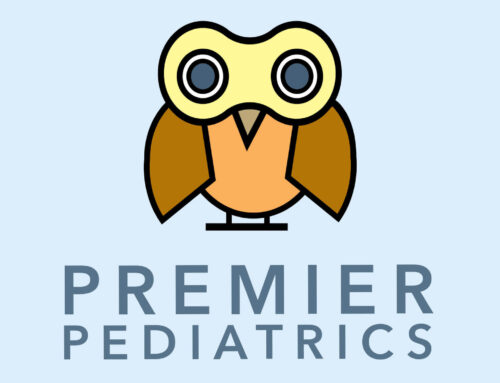The Dilemma of Coffee and Breastfeeding
For many new mothers, the thought of giving up coffee while breastfeeding can be a tough decision. With conflicting advice and concerns about the effects of caffeine on their nursing baby, it’s essential to understand the facts.
Can I drink coffee while breastfeeding? We’ll explore the potential impact of caffeine on breast milk, discuss recommended guidelines, and offer practical tips for nursing moms who want to enjoy their daily cup of joe without compromising their baby’s well-being.
Understanding Caffeine and Breastfeeding
Caffeine is a natural stimulant found in coffee, tea, chocolate, and other beverages and foods. When consumed by a breastfeeding mother, caffeine can pass into breast milk and potentially affect the nursing infant. However, the degree of impact depends on various factors, including the amount of caffeine consumed, the baby’s age and weight, and individual sensitivity to caffeine.
Is It Safe? Guidelines for Coffee Consumption While Breastfeeding
- The Safety of Moderate Caffeine Intake: The American Academy of Pediatrics (AAP) and other health organizations consider moderate caffeine consumption safe for breastfeeding mothers. Moderate intake is typically defined as consuming no more than 300 milligrams of caffeine per day, equivalent to about two to three cups of coffee. Research suggests that caffeine consumed in moderation is unlikely to harm most breastfed babies.
- Effects of Caffeine on Breastfed Babies: While moderate caffeine consumption is generally well-tolerated by most nursing infants, excessive intake can lead to potential side effects. Babies who are sensitive to caffeine may experience irritability, fussiness, difficulty sleeping, or changes in feeding patterns. It’s crucial for breastfeeding mothers to monitor their baby’s behavior and feeding habits closely when consuming caffeinated beverages.
Tips for Drinking Coffee Safely While Breastfeeding
- Time Your Coffee Consumption Wisely: To minimize the impact of caffeine on breastfeeding, consider timing your coffee consumption strategically. Consuming caffeine shortly after breastfeeding or during the baby’s longest sleep period can help reduce the risk of disruption to their sleep patterns. This allows for more efficient metabolism of caffeine by the baby’s body.
- Choose Your Coffee Beverages Wisely: Opt for smaller servings of coffee or choose decaffeinated options to moderate your caffeine intake while still enjoying the flavor of coffee. Be mindful of the caffeine content in various coffee beverages, as espresso-based drinks and specialty coffee blends may contain higher levels of caffeine than regular brewed coffee.
Listen to Your Body and Baby
- Pay Attention to Your Body’s Response: Every breastfeeding journey is unique, and what works for one mother and baby may not necessarily apply to another. Pay attention to how your body responds to caffeine and observe any changes in your baby’s behavior or feeding patterns. If you notice adverse reactions, consider reducing your caffeine intake or eliminating it altogether.
- Consult with Your Healthcare Provider: If you have concerns or questions about caffeine consumption while breastfeeding, don’t hesitate to consult with your healthcare provider. They can provide personalized advice based on your individual circumstances and help you make informed decisions about your caffeine intake.
Drinking coffee while breastfeeding is generally considered safe in moderation. By following recommended guidelines, timing caffeine consumption wisely, and listening to your body and baby’s cues, nursing mothers can enjoy their daily cup of coffee without compromising their baby’s health.
Remember that maintaining a balanced diet, staying hydrated, and getting adequate rest are also essential factors in supporting breastfeeding success. As always, consult with your healthcare provider if you have any concerns or questions about caffeine intake while breastfeeding.




